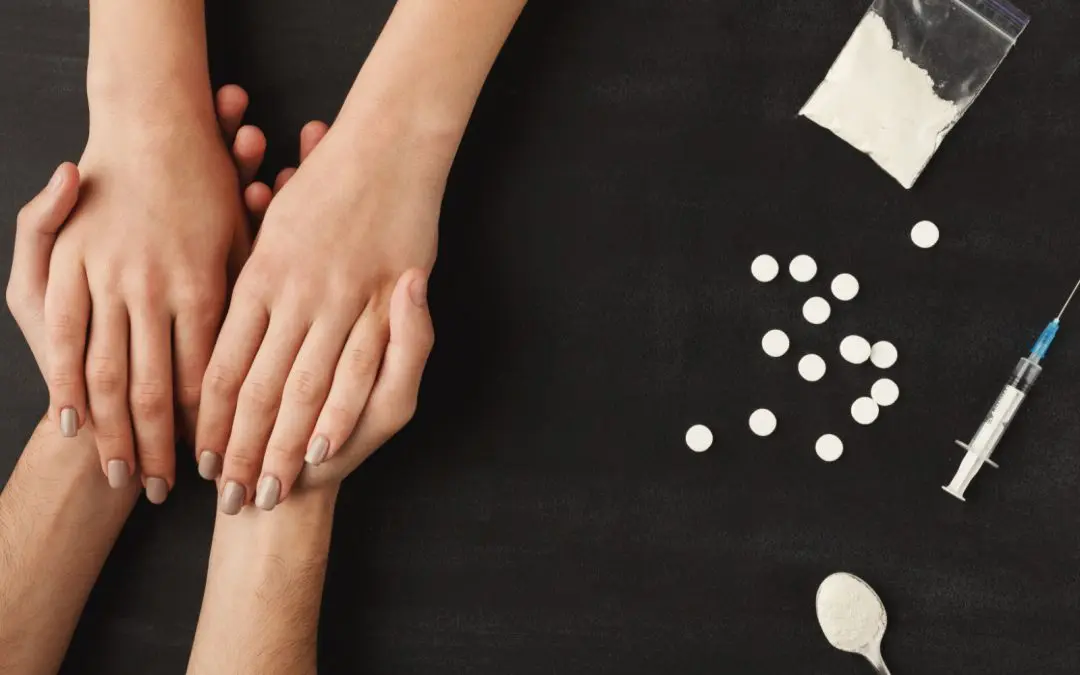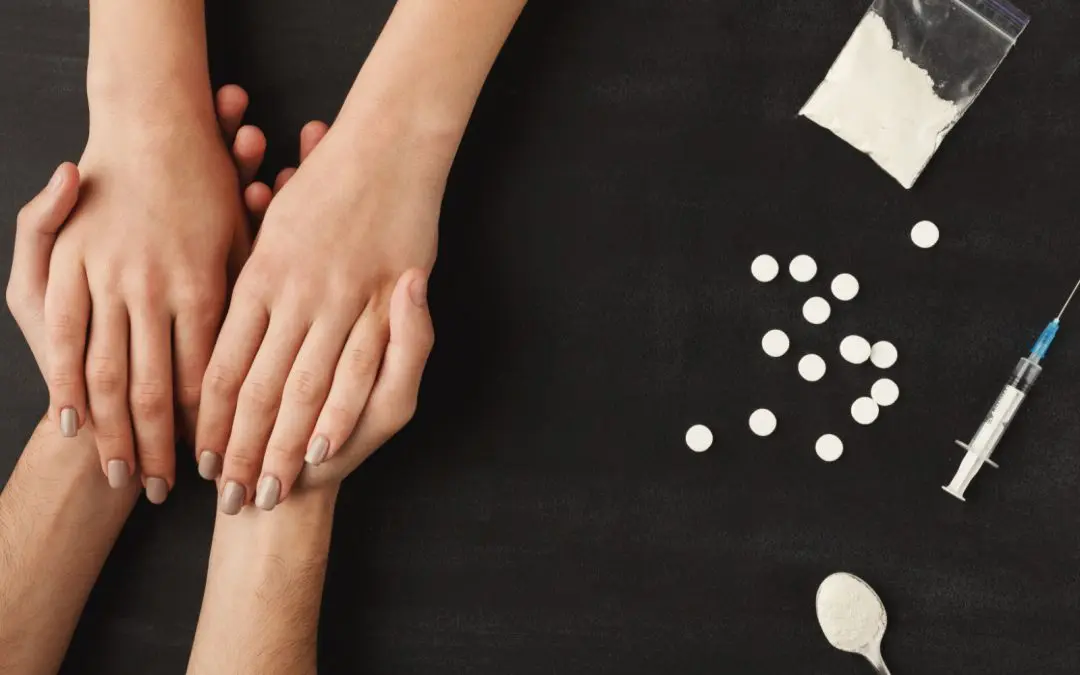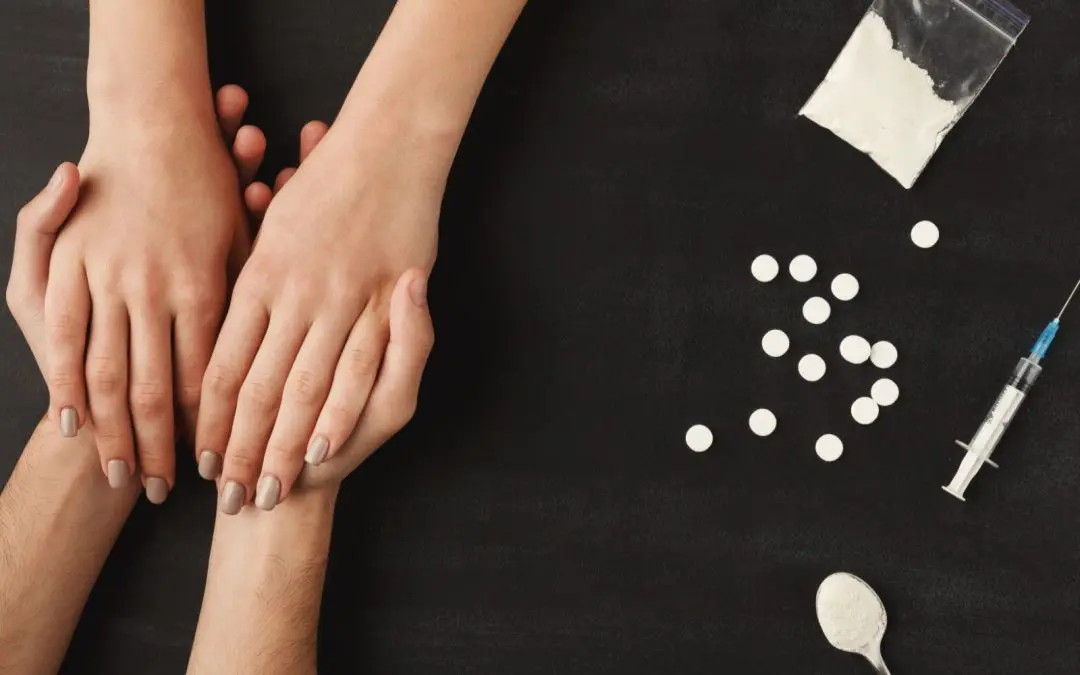24/7 Helpline:
(866) 899-221924/7 Helpline:
(866) 899-2219
Learn more about Intensive Outpatient Program centers in Powder Springs
Intensive Outpatient Program in Other Cities

Other Insurance Options

BHS | Behavioral Health Systems

MVP Healthcare

MHNNet Behavioral Health

Carleon

American Behavioral

WellPoint

Ceridian

PHCS Network

State Farm

Kaiser Permanente

Ambetter

UMR

Holman Group

Magellan Health

United Health Care

GEHA

Choice Care Network

Sliding scale payment assistance

Medical Mutual of Ohio

Health Net

Toxicology Associates of North Georgia
Toxicology Associates of North Georgia is a private rehab located in Marietta, Georgia. Toxicology A...

Georgia Recovery Center
Georgia Recovery Center is a private rehab located in Marietta, Georgia. Georgia Recovery Center spe...

Wellstar Behavioral Health Center
Wellstar Behavioral Health Center is a private rehab located in Austell, Georgia. Wellstar Behaviora...

Optimum Behavioral Healthcare
Optimum Behavioral Healthcare is a private rehab located in Atlanta, GA. Optimum Behavioral Healthca...

Genesis Ministries
Genesis Ministries is a faith based nonprofit addiction treatment center found in Kennesaw, GA. This...

The Circle & Integrated Health Services Programs
The Circle & Integrated Health Services Programs offers an array of psycho social rehabilitative ser...

Warnecke Professional Counseling
Warnecke Professional Counseling is a private counseling clinic located in Marietta, GA. Warnecke Pr...

MG Counseling Services
MG Counseling Services is a rehab offering outpatient programs for adults in Marietta, Georgia. They...

Soul Changers Recovery Foundation
Soul Changers Recovery Foundation is an outpatient rehab located in marietta , GA. Soul Changers Rec...

A New Life Counseling Services
A New Life Counseling Services is a group of dedicated professionals committed to promoting growth, ...

Alana Recovery Center – 1050 Shiloh Road
Alana Recovery Center is a Kennesaw drug and alcohol treatment center that supports adults with subs...

Alana Recovery Center – 1301 Shiloh Road
Alana Recovery Center, in Kennesaw, Georgia, is a 12 step-focused drug and alcohol rehab for adults ...

Acorn Outpatient
Acorn Outpatient offers treatment for addiction and behavioral healthcare. Acorn Outpatient is commi...

Northstar Psychological Services
Northstar Psychological Services offers outpatient services for individuals that have a Mental Healt...

Cobb County – Behavioral Health Crisis Center
Cobb County Behavioral Health Crisis Center is located in Marietta, Georgia. They offer crisis suppo...

Cobb County Community Services Board – Outpatient Services
Cobb County & Douglas County Community Services Board–Outpatient Services offers mental health care ...

The Extension
The Extension is a non-profit, community supported organization committed to facilitating a transfor...

L & P Services – Colgate Drive
L & P Services – Colgate Drive is a private rehab located in Marietta, Ohio. L & P Services – Colgat...

Spero Health – Marietta
SelfRefind is located in Marietta, Ohio. SelfRefind offers affordable care for addiction recovery.

L & P Services
L & P Services provides diagnostic, home based, and outpatient therapies as well as med somatic serv...























































Comprehensive Therapy Childrens Center
Comprehensive Therapy Childrens Center is a private rehab located in Kennesaw, Georgia. Comprehensiv...

Alliance For Progressive Drug Policy
Alliance For Progressive Drug Policy is a private rehab located in Marietta, Georgia. Alliance For P...

Accelerated Recovery Centers
Accelerated Recovery is an addiction treatment center located in Marietta, GA, that works exclusivel...

Devereux Advanced Behavioral Health Georgia
Devereux Advanced Behavioral Health Georgia offers inpatient treatment for individuals with alcohol ...

HERO House
HERO House is a private rehab located in Kennesaw, Georgia. HERO House specializes in the treatment ...

Treatment Center of America
Treatment Center of America is a private rehab located in Kennesaw, Georgia. Treatment Center of Ame...

Cobb County & Douglas County – Mothers Making a Change
Cobb County and Douglas County - Mothers Making a Change is a drug treatment program located in Mari...

Spiritual Alchemy of AIWP
Spiritual Alchemy of AIWP is a private rehab located in Marietta, Georgia. Spiritual Alchemy of AIWP...

Traime Behavioral Health
Traime Behavioral Health is a private rehab located in Marietta, GA. Traime Behavioral Health specia...

A Life 4 Christ Outreach Ministry
A Life 4 Christ Outreach Ministry is a non-profit rehab located in Mableton, GA. A Life 4 Christ Out...

Atlanta Addiction Recovery Center
Atlanta Addiction Recovery Center, part of the RiverMend Health Family, is a private rehab located i...

WestCare
WestCare provides substance abuse and addiction treatment, mental health programs, and prevention se...

ReEntry Project
ReEntry Project is a non-profit rehab located in Austell, GA. ReEntry Project offers counseling, hea...

The Extension – Women’s Campus
The Extension is an alcohol and substance use rehab center in Marietta, GA, for homeless men and wom...

Marietta Memorial Hospital – Behavioral Health
Marietta Memorial Hospital – Behavioral Health is a drug and alcohol rehab and medical facility in M...

Recovery Alternatives
Recovery Alternatives is a private rehab located in Marietta, Ohio. Recovery Alternatives specialize...

L & P Services – Marion Street
L & P Services - Marion Street provides diagnostic, home based, and outpatient therapies as well as ...



































































